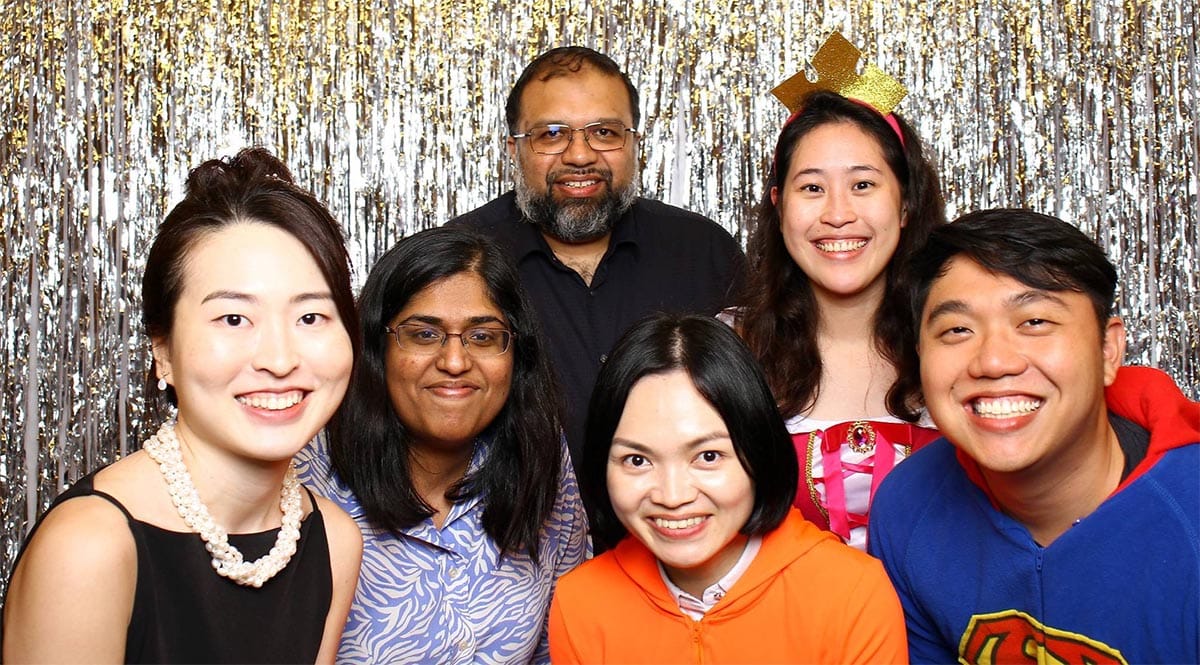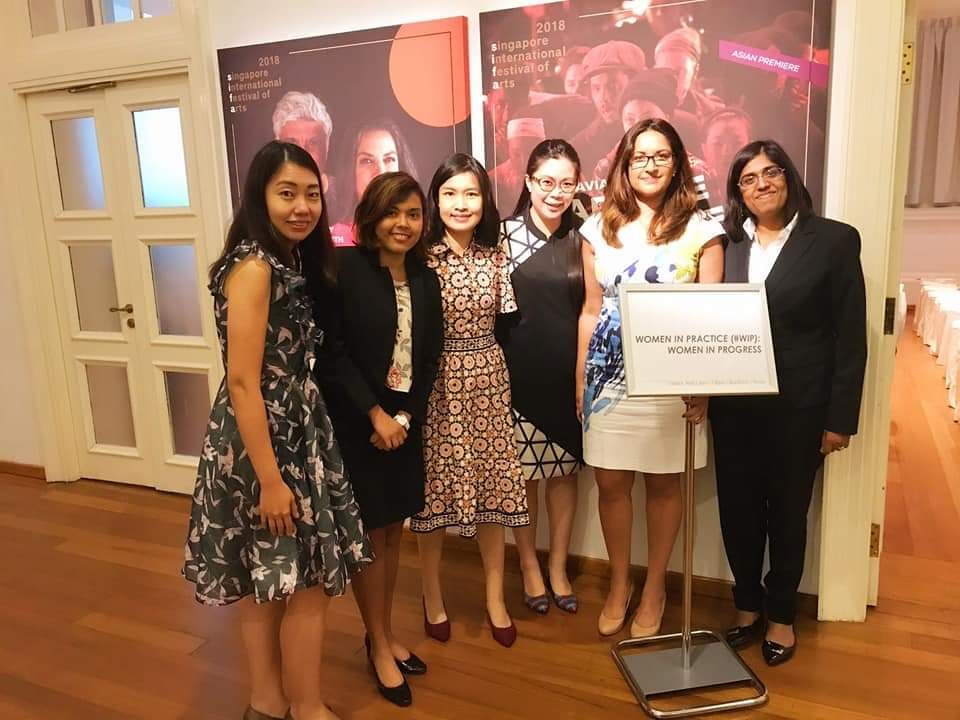
Shobna Chandran: A Year-End Conversation
Her takes on mentorship and clients, both old and new.
BY ASHUTOSH RAVIKRISHNAN
Year-end traditions are different for everybody. One that Ms Shobna Chandran has cultivated over time is the setting of professional goals, both with and for her team of associates. “We’ll all sit down together and think about the team goals we want to achieve next year. We may decide that we want to do certain types of appeal matters, maybe make headway in commercial arbitration matters,” says Shobna, a partner in Tan Rajah & Cheah (TRC)’s commercial litigation, international arbitration and dispute resolution practice.
As a team leader, she’s also keen to set individual goals for those she works with. “So I may say to the associates, ‘You should try and do a contested hearing before a Judge. And maybe you can also cross-examine a witness in one of my trials.’”
But it’s not all courtroom and advocacy; Shobna also wants her team to start building networks. “I encourage them to be a part of young arbitrator networks and to meet others in the same area of work. It’s important to build this as early as possible to get it into your DNA or it’s going to be a challenge later on.”

Shobna with TRC colleagues at the firm’s dinner and dance earlier this year
FROM JLC TO PRACTICE
It’s a lesson Shobna learnt quickly after her stint as a Justices’ Law Clerk (JLC). These two years were fascinating, allowing her to work closely with the likes of former Chief Justice Chan Sek Keong and Justice Belinda Ang. She describes those days as enriching, in an academic sense. “You look at parties’ submissions and get insights into the judicial mind; which ones they may see as good strategies and which ones leave a little to be desired.”
But entering private practice after her JLC stint opened her eyes to other aspects of the law: how much work it took to carefully word and shape a submission and perhaps more crucially, how to network and build relationships with clients. “You don’t necessarily have to wine and dine people at Michelin-starred restaurants. There are other ways to add value and genuinely help them —it could be as simple as sending them an article that may be relevant to them or pointing them towards counsel that you know in another jurisdiction.”
She adds that from her experience, clients are often looking for three traits in counsel: ability, availability and affability. “The last point about affability isn’t about superficial traits like being jovial. What matters is that you have a genuine relationship with your clients because they can often see through the BD speak. But the minute they trust you, you’ve already made yourself the counsel of choice.”
SHARING WHAT SHE KNOWS
Having picked up these lessons later in her career, she’s eager to impart them early on to her associates. Alongside lessons, she’s also keen to give them opportunities to shine. “One of my key associates is actually in his second year of practice, and has been with me on four appeals and assisted on my trials too. I’m happy to delegate tasks to give our juniors room to grow to develop; if there’s something that’s contested, even before a judge, and subject to clients’ approval, I’m quite confident to send them, as long as they are prepared and ready.”
This boils down to her trust in her team and how much time they spend working closely with her. “It’s hard not to trust them because they work so much with me that I know their abilities quite well. If they can answer all my questions and can convince me, why wouldn’t they be able to do it before a judge?”
But even as she looks out for her juniors, Shobna is keenly aware of her own responsibilities as a partner, including fee generation and exploring new sources of revenue. Increasingly, these sources lie outside Singapore, prompting her to make several business development trips each year. This year, she journeyed to Vietnam as part of an immersion organised by the Law Society and South Korea for the Seoul ADR Festival. Here, she put to good use the lessons she had learnt from a recent SAL programme.
“Attending the SAL – INSEAD Legal Leadership Programme earlier this year allowed me to plan these trips better and look at them in a more structured and strategic way. So before a trip now, I map out what sectors interest me and potential clients in that jurisdiction and think about how I can get to connect with them there by, for example, tapping on my network of foreign lawyers in that country.” These lessons will come in handy as she travels to other regional growth spots in Southeast Asia and India in 2023.
The programme’s focus on the future has also inspired Shobna to think about the direction of her practice. “I’d like to do more in the technology and sustainability space, especially renewables and arbitrations in the energy sector.” And while there may be new peaks to scale, she also plans to remain firmly committed to some of her pet projects, including her work to support women in the law and her pro bono work, which ensures access to justice for all.

Shobna and the other founding members of Women in Practice Taskforce at its launch in 2018
All in all, it’s been a good year for Shobna—and given her focus on the future, it’s likely that the next one will be even better.
Shobna attended the SAL-INSEAD Legal Leadership Programme this year. This three-day intensive management programme is specifically designed and contextualised to address the needs of law firm partners, general counsel and legal service officers.
Registrations for the programme’s next run are open now.An early bird registration discount worth $1,500 is applicable to the first 10 confirmed applicants before 31 December 2022. Details here.

